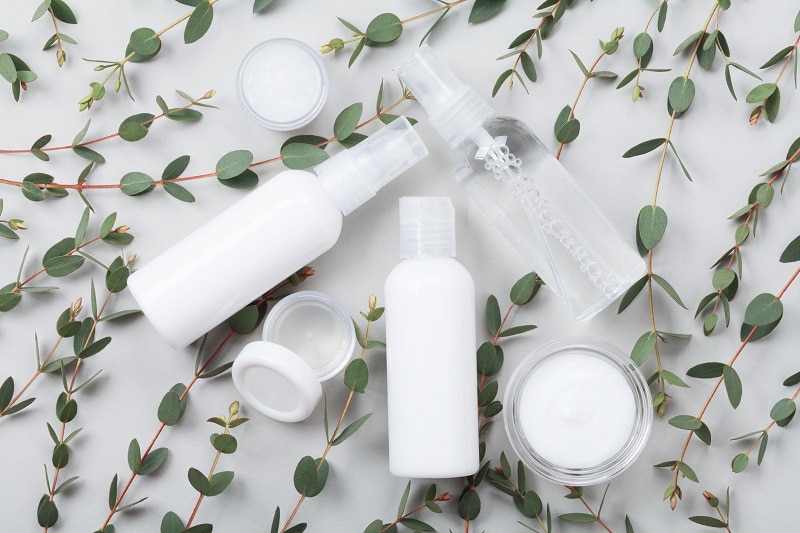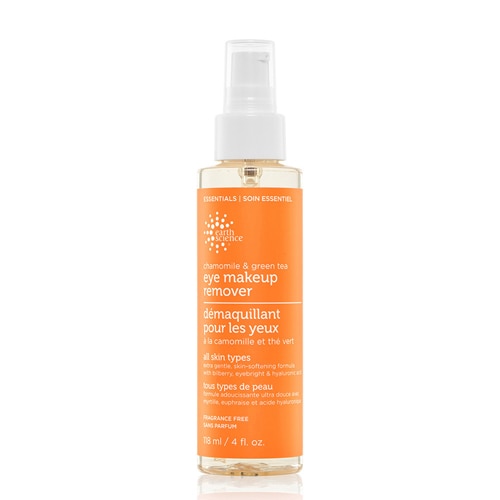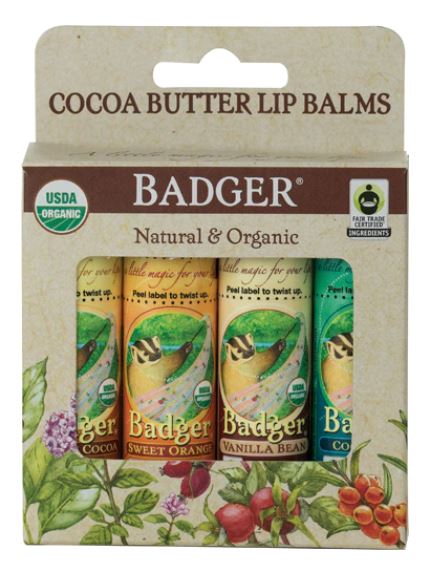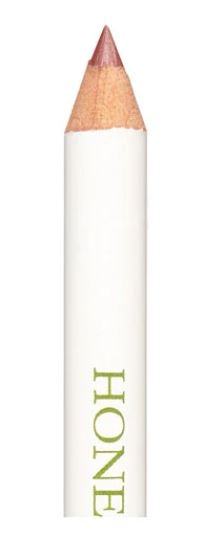 Typically, a celiac patient develops those symptoms if they don’t stick to a gluten-free diet. But if a celiac patient ingests even a small amount of a skincare product containing gluten, it still could be problematic.
According to the Gluten Intolerance Group, gluten or gluten-derived byproducts may be found in various skincare products.
The group says some makers of skincare products include gluten as a thickener, emollient (which softens or smooths the skin), volumizer, moisturizer or exfoliator. Some of the skincare products that may contain ingredients derived from gluten-containing grains are creams, lotions, salves, ointments, balms, sunscreens, shaving creams, deodorants and makeup.
While gluten cannot be absorbed through the skin, it still could accidentally enter your body through other routes. For instance, the Gluten Intolerance Group points out, shampoo containing gluten could find its way into your digestive system if it ends up in your mouth as you’re washing your hair. And, depending on your gluten-sensitivity level, this could cause a bad reaction.
The Celiac Research Center at University of Chicago Medicine notes that when ingested, gluten is toxic only in patients with celiac disease and patients with a skin-related form of celiac disease known as dermatitis herpetiformis (DH).
“Because gluten cannot be absorbed through the skin, the use of cosmetic and shampoos containing gluten has not been shown to be detrimental to patients with celiac disease or DH. However, we do recommend gluten-free lip products, hand lotions and other products that may end up near the mouth,” the research center advises.
The Mayo Clinic further recommends that people celiac disease avoid gluten-containing dental products, such as certain mouthwashes and toothpastes.
“If you use a cosmetic or skin care product that contains gluten and you develop a skin reaction, see your doctor or dermatologist to identify the cause,” the Mayo Clinic says. “It is possible to have an allergy to wheat or another grain that could cause a skin reaction, but this would not be due to celiac disease.”
Even if a skincare product contains a substance with gluten, it’s not clear whether significant amounts of gluten remain in the product after it undergoes processing, according to according to the GI Society, a Canadian group that engages in intestinal research. The group cites a study published in 2012 in the Journal of the Academy of Nutrition and Dietetics in which researchers tested lip products and lotions containing at least one ingredient derived from wheat, barley, rye or oats. The study detected no measurable levels of gluten in the products.
To find out whether a skin care product is certified as gluten-free, check out the Gluten Intolerance Group’s product-finder tool.
The U.S. Food and Drug Administration (FDA) doesn’t enforce any rules regarding the use of the term “gluten-free” in the labeling of cosmetics, the GI Society says. Therefore, the presence of gluten doesn’t have to declared on cosmetic labels. However, the FDA doesn’t prevent cosmetic companies from labeling products as gluten-free.
Typically, a celiac patient develops those symptoms if they don’t stick to a gluten-free diet. But if a celiac patient ingests even a small amount of a skincare product containing gluten, it still could be problematic.
According to the Gluten Intolerance Group, gluten or gluten-derived byproducts may be found in various skincare products.
The group says some makers of skincare products include gluten as a thickener, emollient (which softens or smooths the skin), volumizer, moisturizer or exfoliator. Some of the skincare products that may contain ingredients derived from gluten-containing grains are creams, lotions, salves, ointments, balms, sunscreens, shaving creams, deodorants and makeup.
While gluten cannot be absorbed through the skin, it still could accidentally enter your body through other routes. For instance, the Gluten Intolerance Group points out, shampoo containing gluten could find its way into your digestive system if it ends up in your mouth as you’re washing your hair. And, depending on your gluten-sensitivity level, this could cause a bad reaction.
The Celiac Research Center at University of Chicago Medicine notes that when ingested, gluten is toxic only in patients with celiac disease and patients with a skin-related form of celiac disease known as dermatitis herpetiformis (DH).
“Because gluten cannot be absorbed through the skin, the use of cosmetic and shampoos containing gluten has not been shown to be detrimental to patients with celiac disease or DH. However, we do recommend gluten-free lip products, hand lotions and other products that may end up near the mouth,” the research center advises.
The Mayo Clinic further recommends that people celiac disease avoid gluten-containing dental products, such as certain mouthwashes and toothpastes.
“If you use a cosmetic or skin care product that contains gluten and you develop a skin reaction, see your doctor or dermatologist to identify the cause,” the Mayo Clinic says. “It is possible to have an allergy to wheat or another grain that could cause a skin reaction, but this would not be due to celiac disease.”
Even if a skincare product contains a substance with gluten, it’s not clear whether significant amounts of gluten remain in the product after it undergoes processing, according to according to the GI Society, a Canadian group that engages in intestinal research. The group cites a study published in 2012 in the Journal of the Academy of Nutrition and Dietetics in which researchers tested lip products and lotions containing at least one ingredient derived from wheat, barley, rye or oats. The study detected no measurable levels of gluten in the products.
To find out whether a skin care product is certified as gluten-free, check out the Gluten Intolerance Group’s product-finder tool.
The U.S. Food and Drug Administration (FDA) doesn’t enforce any rules regarding the use of the term “gluten-free” in the labeling of cosmetics, the GI Society says. Therefore, the presence of gluten doesn’t have to declared on cosmetic labels. However, the FDA doesn’t prevent cosmetic companies from labeling products as gluten-free.
Earth Science Eye Makeup Remover Chamomile Green Tea Fragrance Free Description
- Essentials
- All Skin Types
- Extra Gentle, Skin-Softening Formula with Bilberry, Eyebright & Hyaluronic Acid
- Cruelty Free
- Paraben Free
- Vegan
- Fragrance Free
- Gluten Free
- From the Earth - For The Earth - For You™
Eye makeup remove gently lift away makeup, dirt and oil with this effective herbal formula. Calming chamomile and gree tea soothe without stripping plus added hyaluronic acid for moisture. No artificial colors; oil-free. pH 7.0
*These statements have not been evaluated by the Food and Drug Administration. This product is not intended to diagnose, treat, cure, or prevent any disease.





